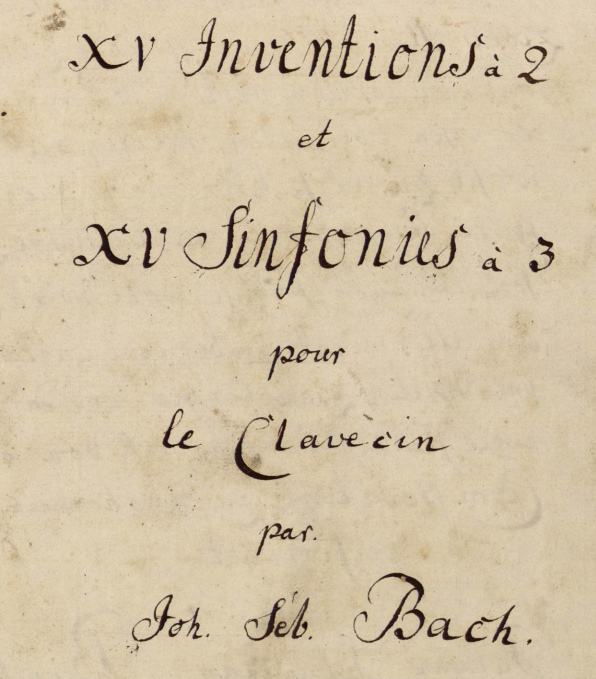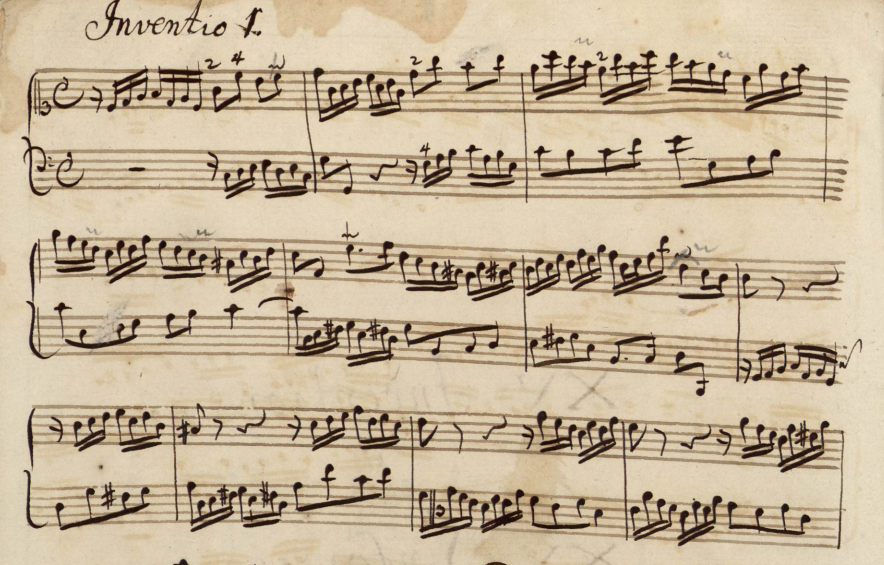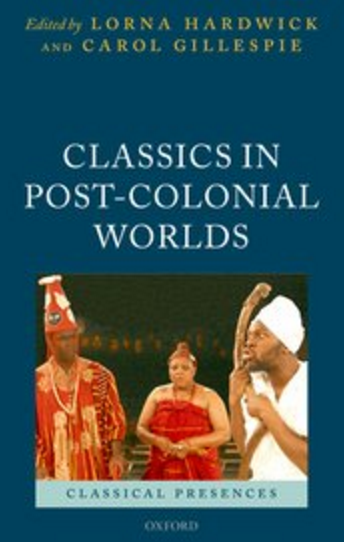Inventions
When Bach used the word, inventions, he meant “ideas.” I have been playing, studying, and learning about Bach’s Inventions since first being introduced to them in my cousin Jerry’s front room in his house on a steep Central Avenue hill in South Charleston, West Virginia. I was probably fourteen or fifteen years old.
I own and consult several editions of these pieces. Recently I purchased another edition which was done by Sandra Soderlund. Saturday I played all the way through her versions of them. You wouldn’t think you would benefit from examining multiple versions of this music, but I definitely do. These fifteen little pieces called “ideas” continue to amaze and attract me for no other reason than the music, itself.
And I love being able to pull up manuscripts that date from Bach’s life. The one above is described on the IMSLP site where it is available as dating from 1745-55 and was copied by H.G.M Darnköhler. Googling and checking Groves Dictionary online doesn’t provide any info on this dude. Neither did a quick check of some indices in standard scholarly reference books laying around my chair, so your guess is as good as mine as to who this guy was, but this copy of the Inventions seems to enjoy a good reputation as one that existed near the end of Bach’s life or right after he died so that’s something.

I remember being delighted to read a references to the Inventions in The Glass Bead Game by Hermann Hesse. One of them I recall is when the aging Music Master sits and plays haltingly through one of the Inventions with only two fingers, imagining the music more than making. The Music Master figures into the story of the book as the man who sees the potential for genius in the young Joseph Knecht, the hero of the story.
emotions
As I finished up rendering Phillip Glass’s intense and driving Piano Etude 11 at chuch yesterday, I could feel a familiar overwhelming emotion gathering.

It’s not uncommon that when I put my heart and soul into something, that I fight back tears after playing it. This makes taking a bow more difficult and I’m sure people close enough to notice my weeping wonder what the fuck is going on? As do I.

I usually chalk it up to being overly sensitive since this also happens at the end of most movies I watch. But I have begun to wonder that it might be a learned emotion. This occurred to me while listening to Dr. Lisa Barrett be interviewed about her new book, How Emotions are Made: The Secret Life of the Brain on BBC.

If I understood her correctly, her theory is that we learn emotional associations and they are more mutable than we think. She talked about how a baby cries and the parents try to guess why. Eventually they begin to identify cries that mean certain things. In doing so, they are actually teaching the baby to associate certain emotional expressions with certain things like hunger, touch and other things. Dr. Barrett resists the notion that the way we express and feel emotion is hard wired the same way into all humans.

So, I speculate that maybe I not only received genetic equipment along the sensitivity line but can easily see myself watching my mother weep and being overwhelmed. Thus learning to weep at being overwhelmed. I haven’t worked this out completely and I am sure I have a simplistic understanding of what Barrett is saying, but I will continue to ponder this.
narrations

I’m on Chapter 8 of Derek Walcott’s book length poem, Omeros, enjoying it immensely. I believe it is actually a sort of verse novel since there is a plot and recurring characters. The title means “Homer.” It’s not a retelling of Homer, but something else. I recently inter-library loaned a book as a result of reading Walcott’s poem.
Classics in a Post-Colonial World is a collection of scholarly papers that grew out of a conference on the topic in 2004. Walcott, who died recently, represents one writer of many who are discussed in these papers. I read the introduction and am now reading Katharine Burkitt’s essay, “Imperial Reflections: The Post-Colonial Verse-Novel as Post-Epic.” It is helping me understand Walcott’s verse-novel as well as enjoy it.


